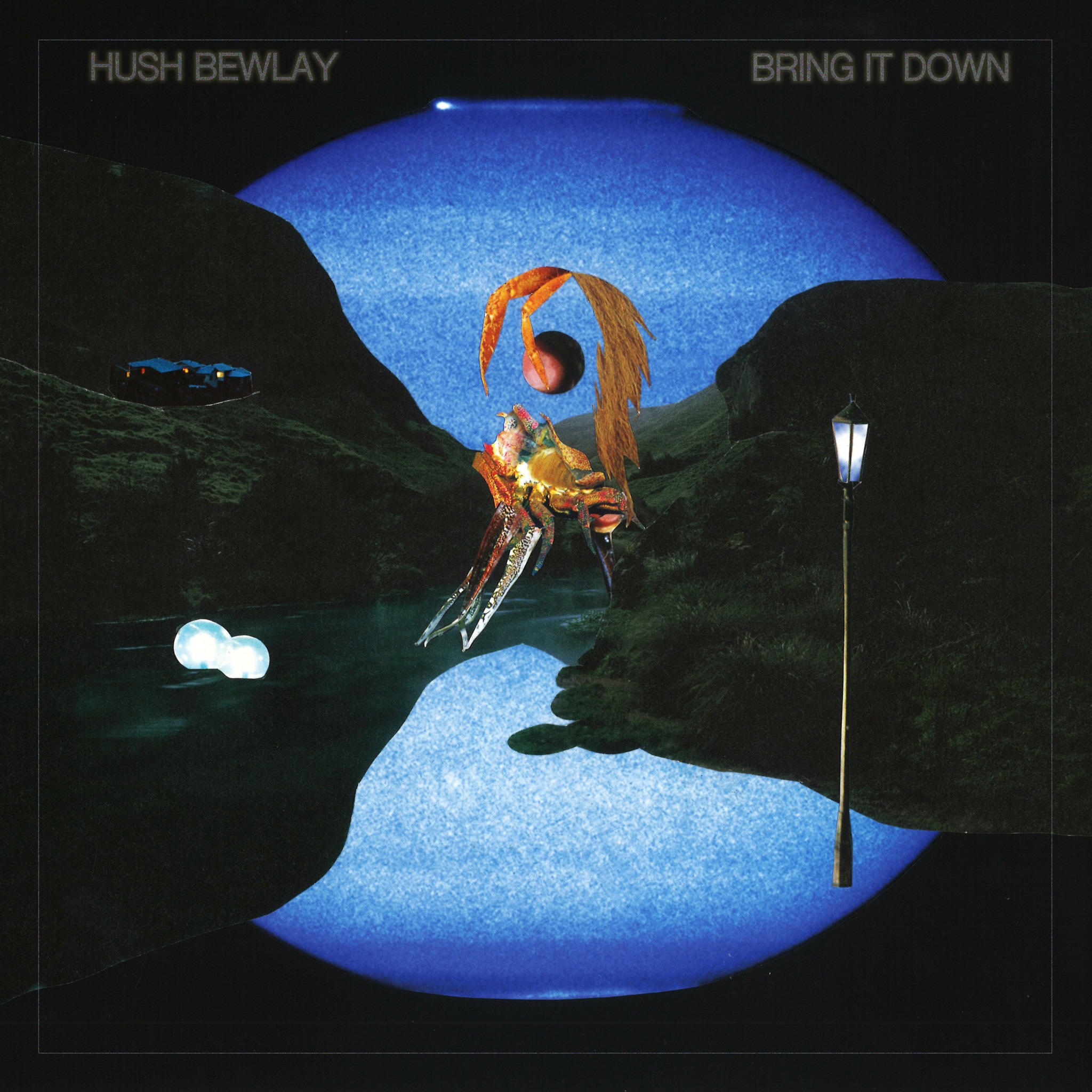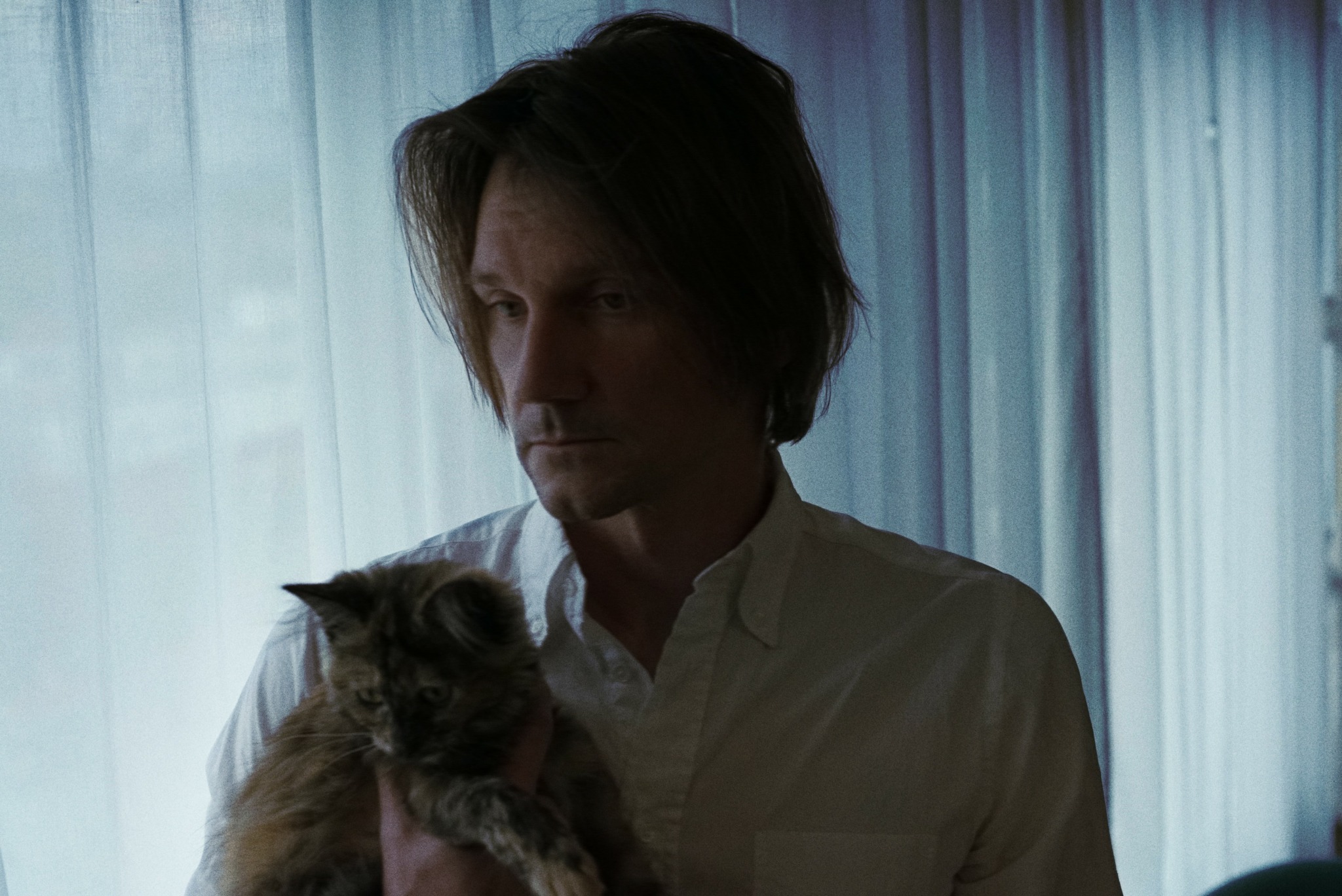Alright – so today we’ve got the honor of introducing you to Hush Bewlay. We think you’ll enjoy our conversation, we’ve shared it below.
Hush, looking forward to hearing all of your stories today. If you could go back in time do you wish you had started your creative career sooner or later?
For me, it’s less about when I started my creative career, and more about what kind of creativity I was making my work. My entire professional life has been in the film and tv industry, so I’ve always been able to bring creativity to the jobs I do. But my life as a musician, Hush Bewlay as an entity, hasn’t been very long. Hush Bewlay was very much a ‘pandemic baby.’ Suddenly the world stopped and we were all at home with time on our hands. I thought my creative outlet was going to be writing. I honestly thought I was going to wake up at 7am and churn out the next great American novel. Waking up was easy. The writing was hard. I had ideas, but getting them on to the page was challenging. I was getting caught up in writing perfect sentences, dazzling myself, but something was missing in the feeling of it. I wasn’t having fun. Creative work isn’t always ‘fun’, true, but there’s always been a spark of joy in it. Writing wasn’t bringing me joy.
Now, for years before this, and even when I was trying to be a prose writer, I had been singing voice notes into my phone. Just phrases that came to me, little or bass lines, anything. I had hundreds of these on my phone. I never had a plan to turn them into anything, and I definitely didn’t think I’d make them my career. It was just something I’d always done.
So with the writing at a standstill I started going back and listening to all these voice notes. I thought, well maybe as an exercise to get my mind going I’ll finish one of these. I’ve played guitar for years, too. I wasn’t great – I’m still not great – but I knew enough to strum and sing. I wrote a song in a day. Done. Words, music, everything. It wasn’t the best song I ever wrote, but it was mine. It had that feeling I was missing. And, most importantly, it was finished.
There was that spark. I realized I could put all the stuff I was trying to stretch into a story or a novel into a 3-minute song. And it had its own soundtrack. I was a songwriter.
So I guess if I wished I had done anything different, I would have tried to write a novel years ago. Because not being able to do that was the best thing that happened to my music career.
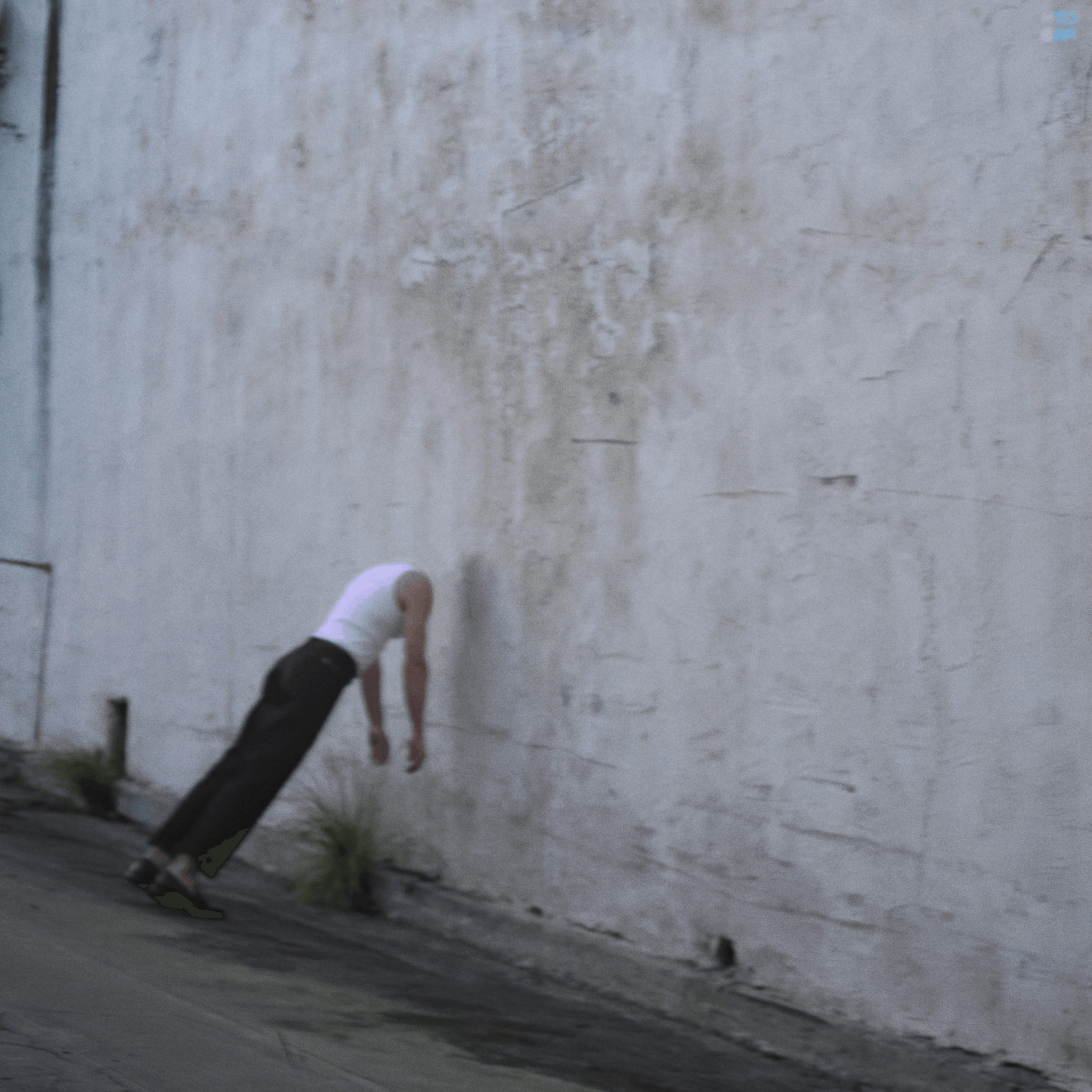
Awesome – so before we get into the rest of our questions, can you briefly introduce yourself to our readers.
I’ve always played around with music. I took guitar lessons when I was young, but that fell off when I went to high school. But I always kept a guitar with me wherever I lived. It didn’t really become a discipline until I realized I had to record what I was writing. Learning to build songs in a recording is where it became work. The good kind of work, the work you feel invigorated doing. Actually recording music showed me where my limits were very quickly. I’m not a virtuoso musician, ok. Lesson learned. So I kept my sounds simple and learned to layer them in interesting ways. I had to make sure my melodies were strong enough to punch through these layers. I don’t have a 6-octave range as a singer. Ok. So learned where my voice sat in the range of frequencies, and built instrumentation around that. I learned quickly that the music I was hearing in my head wasn’t always going to be the music that made it on to a recording. But within those limitations there was a lot I could do; a lot of left turns I could make, a lot of surprises. I realized that I had a sound.
What I’ve been most proud of is releasing my first full-length album this year, called “The Age Of Recognition.” Writing the album was the first big jump from ‘finishing up stray bits of music and see what sticks’ to actually sitting down with the intention to write and record songs. Where it wasn’t just inspiration striking. Inspiration came with sitting down and getting started. The biggest challenge on the album was actually the shortest song, “Ego Death.” It seemed so simple in my head, but when I recorded it, it just wasn’t coming out right. When the chorus sounded good, the verses were rushed. When I slowed down the verses, the chorus lost all of its fire. So I had to figure out how to frankenstein these pieces together so they’d flow as a complete song. I worked with a friend of mine who is a professional drummer (and also mixed the record) and together we took it apart and put it back together, adding bars, switching tempos. It’s well-hidden, but there’s some weirdness in there.
I think, if anything, I want my fans to think the music is so good that they don’t know that most of it is just me sitting at my dining room table playing the same guitar lines over and over again!
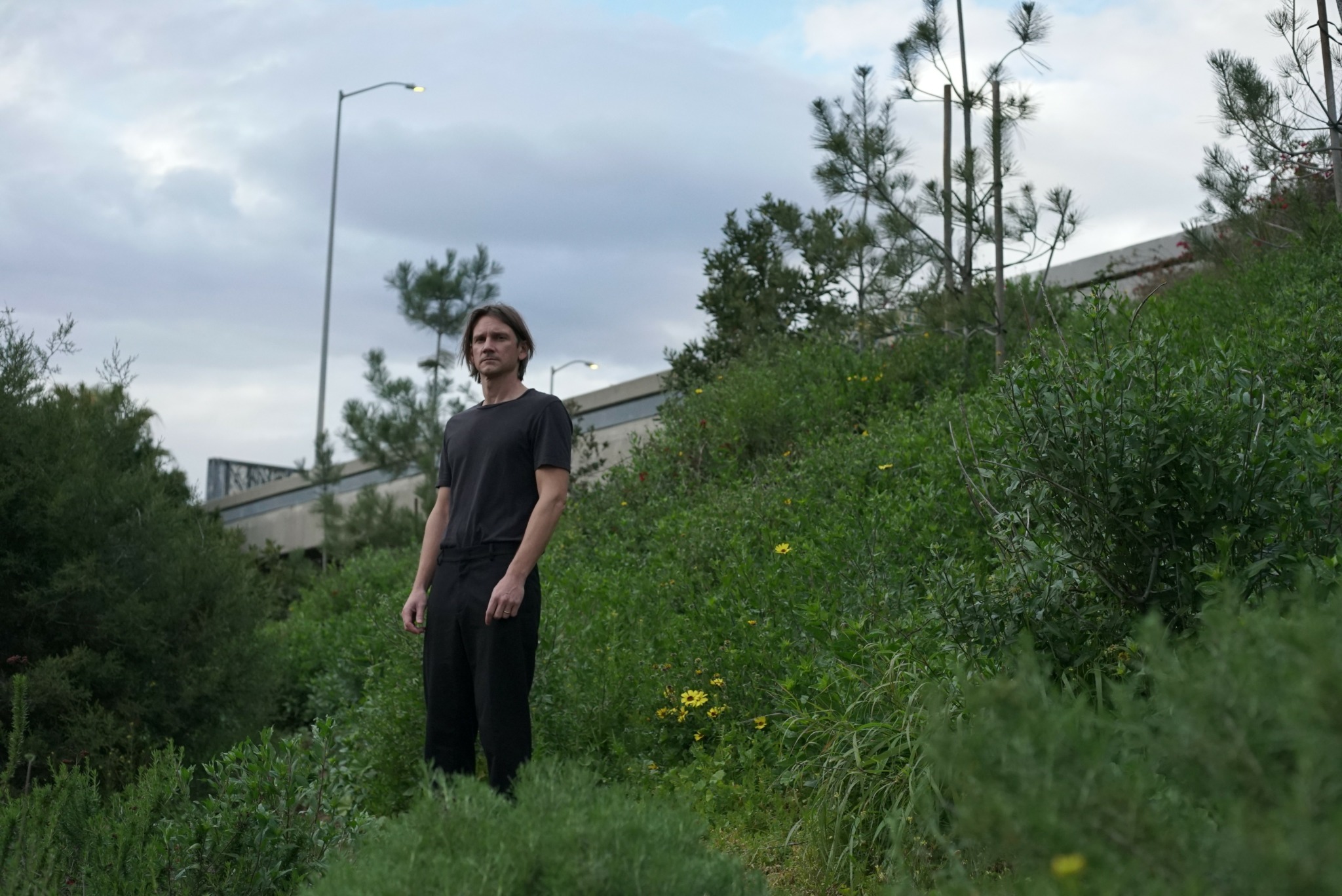
Learning and unlearning are both critical parts of growth – can you share a story of a time when you had to unlearn a lesson?
I’ve definitely had to unlearn the idea that you have to have a COMPLETE vision of something before you can turn it into something real. I think that’s what kept me from writing. I was so locked in on the ending I wasn’t taking the time to get there. I wasn’t adapting to what was actually happening in the process.
With music, I’ve learned to love the process; that the process IS the making part. There’s room for odd notes and strange rhymes and surprise feelings that emerge as you’re writing a song. What you thought was the chorus ends up being one line in a bridge, and what you thought was a throwaway sound ends up being the hook.
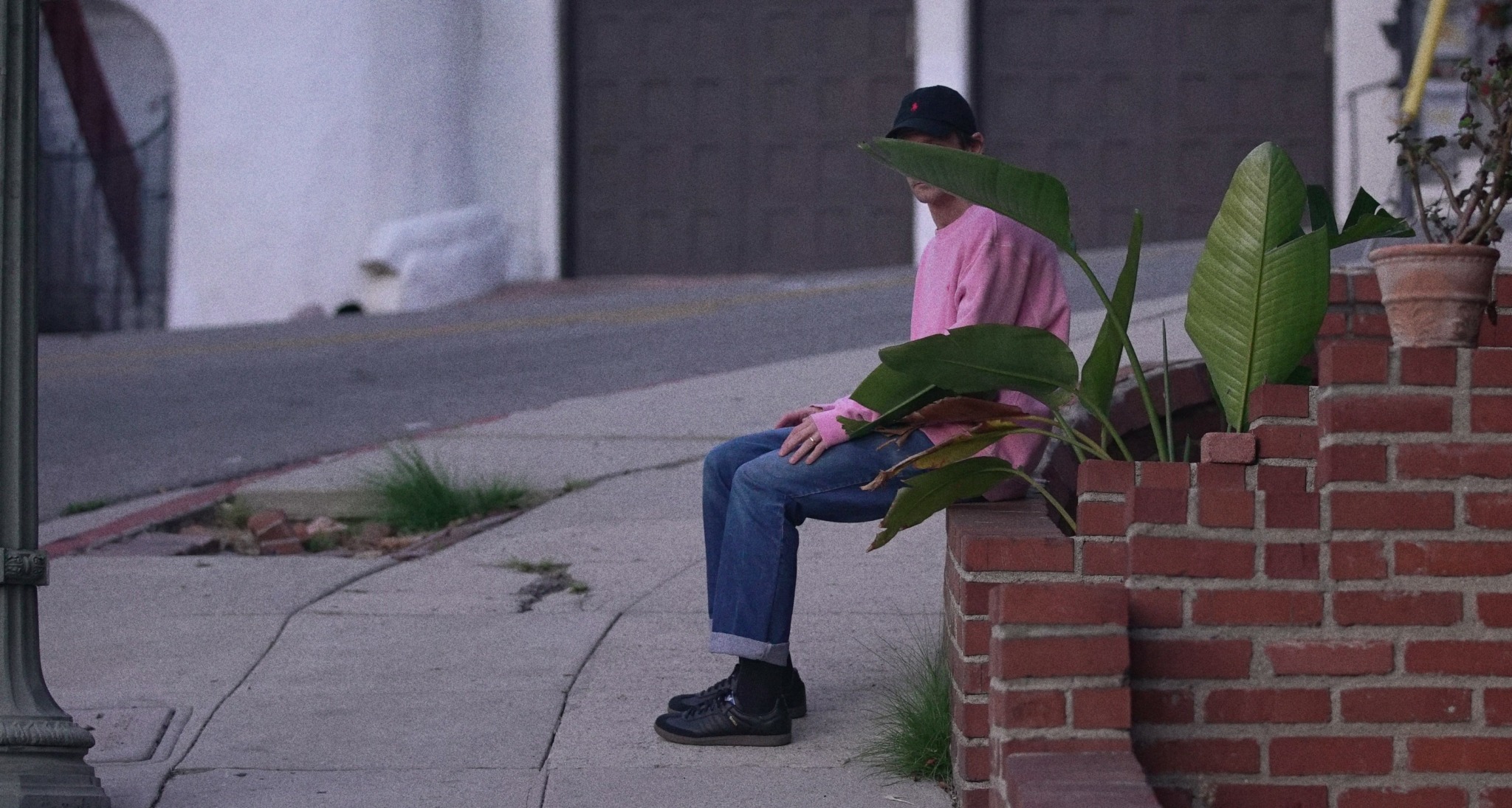
How can we best help foster a strong, supportive environment for artists and creatives?
I think we need to make creativity and art for its own sake something important again. There’s too much focus on monetizing every aspect of creativity, too much focus on attention- hustle-culture.
A lot of my favorite music is from British bands of the 70s and 80s. I read a lot about the history of those bands, and so many of them talk about going to after school programs where there would just be instruments available to them. Drums, acoustic guitars, electric guitars, basses, clarinets, you name it. So they would just form bands and make music because they could. And a lot of them made careers out of it. The resources and time were gifted to them.
So I’d love to see that come back again. The ability, space and resources to be able to make something without expectations.
Contact Info:
- Website: https://www.hushbewlay.com
- Instagram: @hushbewlay
- Youtube: https://www.youtube.com/channel/UC6658xXlQlBUvWW7h1cYEYw
- Other: TikTok: @hushbewlay
